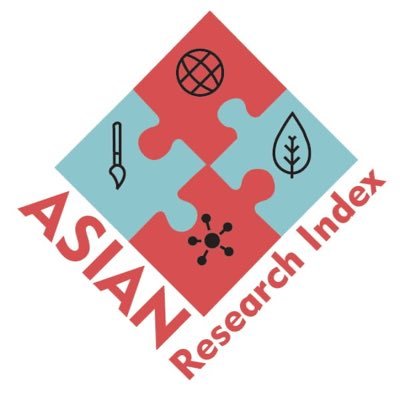A Critical Analysis of Quranic Translation of George Sale
Muhammad Sultan Shah ,Hafiz Khursid Ahmad Qadri
Abstract
George Sale (1697-1736) was an English orientalist who was the son of a London merchant. He was educated at the King’s School, Canterbury. In 1720, he became a student of the Inner Temple but subsequently practiced as a solicitor, rather than barrister. Having studied Arabic for some time in England, became one of the editors of the Arabic version of the New Testament, begun in 1720 by the Society for Promoting Christian Knowledge and subsequently engaged in the principal part of the work. Sale translated the Holy Qur’ā not due to his knowledge of Arabic but due to his knowedge of Latin. It is surmised that Negri was Sale’s first instructor in Arabic. An Italian named Mr. Dadichi, the King’s interpreter, and a learned Greek of Aleppo helped Sale in his studies of oriental dialects. Another of Sale’s contributions was his involvement in the writing of the “Universal History” published in London from 1747 to 1768. The errors of Sale and Wherry are the hallmark of this article. Sale translated the Holy Qur’ān in 1734 with preliminary Discourse. It remained only introduction of Islam to the west for more than a century. Sale’s translation and Discourse had all the misconceptions of orientalists. E. M. Wherry utilized Sale’s translation in his commentary of the Holy Qur’ān and added in the already present misconceptions in his exegetical notes.



.png)




